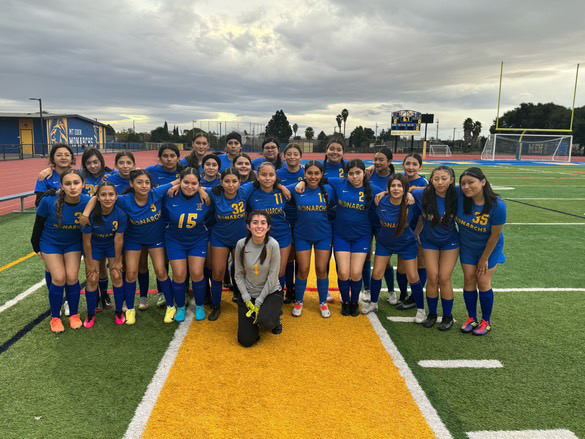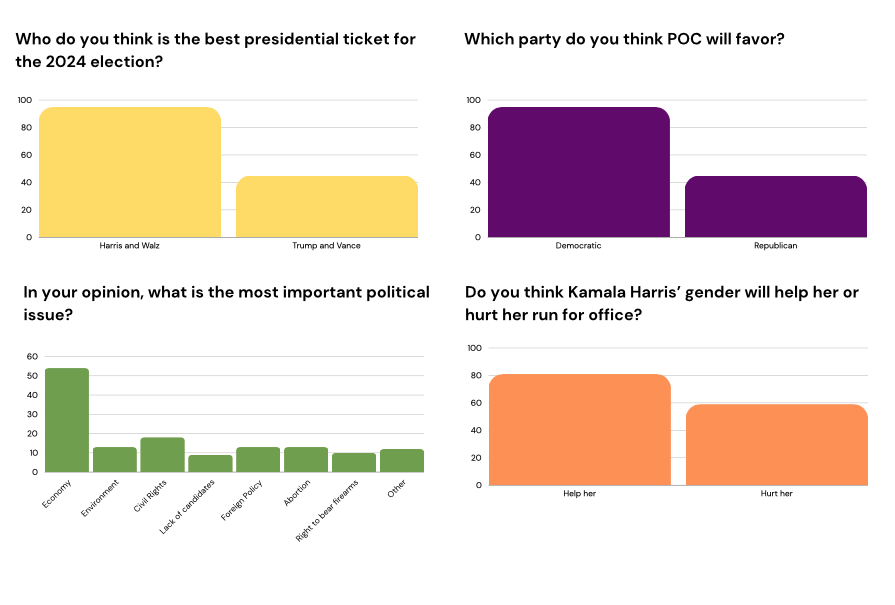Around the globe, people are familiar with the world’s highest-ranking athletes across various sports. Athletes like Stephen Curry and Lionel Messi have become household names. Their fame and athletic prowess are accompanied by immense wealth. According to Forbes, the world’s top ten highest-paid athletes made millions both on and off the field in 2023, with the top of the list, soccer player Cristiano Ronaldo, earning a total of $136 million. These immensely high salaries raise concerns. Many wonder why professionals like doctors, who are responsible for saving lives, aren’t paid nearly as much as athletes for tossing a ball. This raises the question: are athletes overpaid?
Some believe that athletes deserve every bit of money in their pockets. Many argue that the incomes of well-performing athletes are justified as they are crucial to the success of the sports industry. According to Fred Bowen of The Washington Post, it is “…important to remember that [these] athletes are an essential part of enormously profitable companies’’, and that the whopping salaries received by players are simply compensation given by companies like the NFL for being fundamental to their business.
Additionally, the popularity and high demand for the sports industry is a significant factor in these athletes’ incomes. Sports leagues have dedicated fan bases committed to spending a few bucks to see their favorite teams and donning their merch. Companies like the NBA have generated billions of dollars in revenue every year, with the NBA recording a total revenue of $10.58 billion in the 2022-3 season alone. The high marketability of celebrity athletes also greatly contributes to their income as much of it comes from sponsorships. However, the question remains: why should athletes be paid higher than those with jobs deemed more necessary for the common good?
According to Catherine Choi of The Case Western Reserve Observer, “the degree of contributions to society plays little work in determining the worth of a service. Supply and demand make the decisions in our world.” Choi explains that under capitalism, individuals are largely responsible for evaluating the worth of services or products and whether they are worth the money. As such, sports, as opposed to life-saving workers, seem to be placed higher in terms of importance in the general public’s eyes.
Despite these observations, many believe that a professional’s contributions to society’s well-being should determine their income. The popular argument is that athletes are overly compensated for playing sports while people like teachers, nurses, and firefighters receive only a fraction of that amount and aren’t paid as much. Jesse Spector of The New York Times Upfront states that “someone who tosses a ball shouldn’t earn 700 times as much as someone who saves lives,” referencing the average salary of a firefighter versus that of Green Bay Packers quarterback Aaron Rodgers.
Aaron Rodgers, one of the highest paid players of the NFL, signed a four-year contract for $134 million in 2019, which is exponentially higher than the national average salary of $45,000 for a firefighter. Spector says that while athletes should be compensated fairly by leagues and team owners, he still believes that this compensation is too much. He suggests imposing a special tax on highly paid athletes and team owners that will help to better fund those who serve the general public.
Discussions about athletes and their tremendous amounts of money are nothing new. However, the conversation goes beyond just sports players and concerns all with multi-million dollar incomes. Worries about the ethics of single individuals making exponentially more than the majority of the population extend to other jobs like celebrities and CEOs. The incomes of athletes are but one aspect of a larger issue.





















